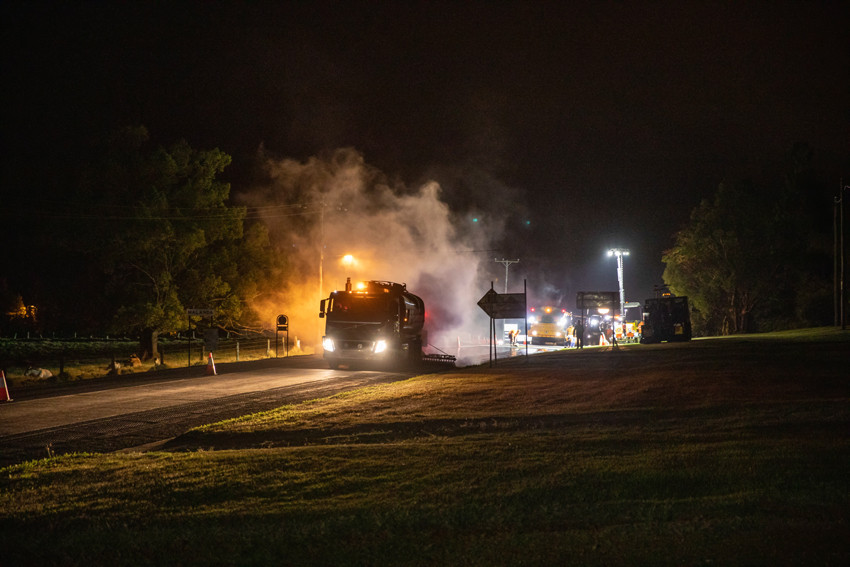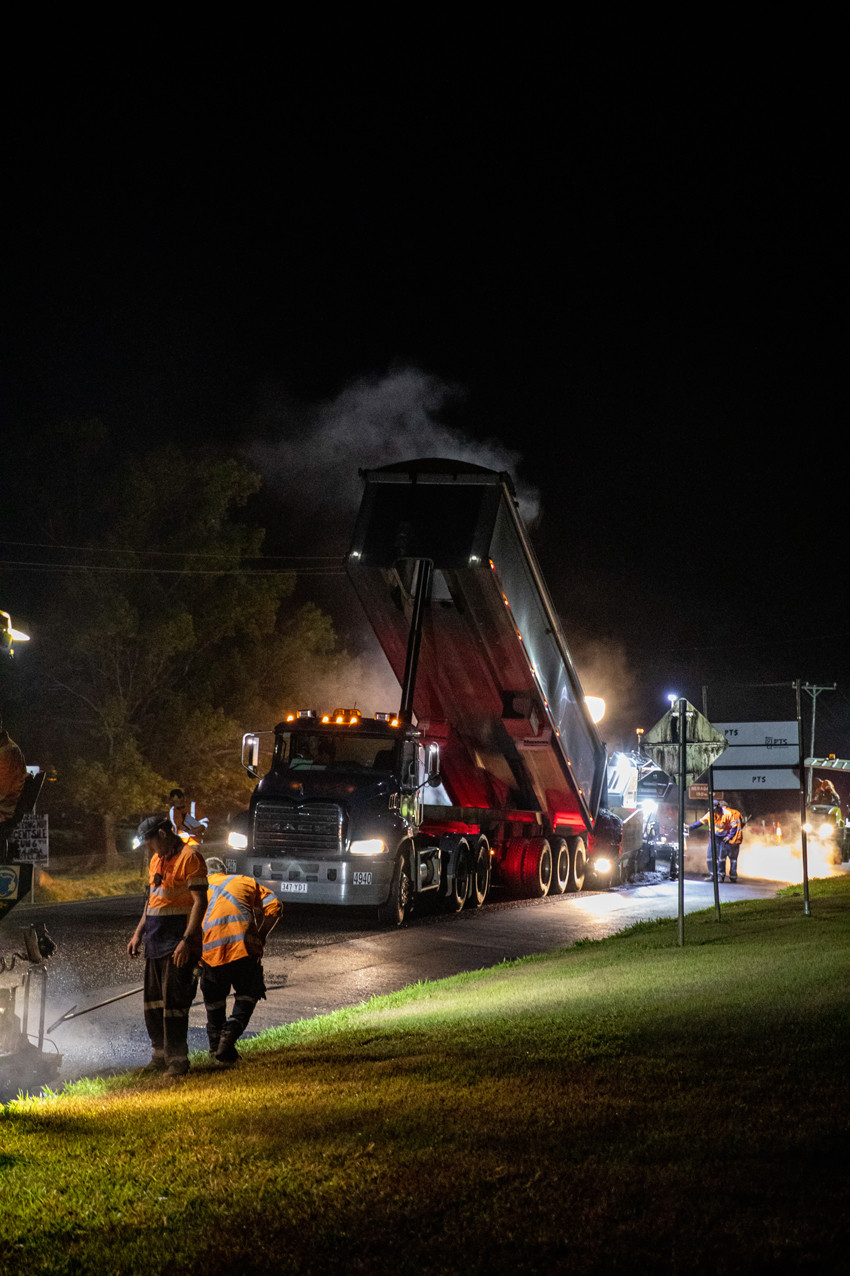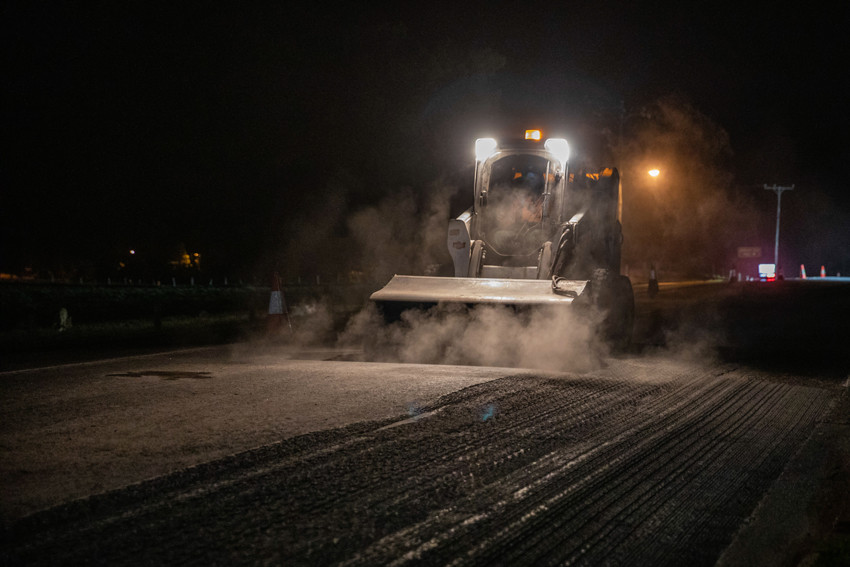Business
25 February, 2021
Recycled glass used in FNQ road works
A compelling example of recycling’s circular economy at work in our state has been displayed with a road project in North Queensland incorporating recycled glass as a substitute for sand.

In a first for a state-controlled road in Queensland, the demonstration project undertaken by the Department of Transport and Main Roads (TMR), involved using recycled crushed glass (aggregate) as an alternative to natural or manufactured sand for use in asphalt.
The recycled glass had been collected from bottles returned through the Containers for Change refund deposit scheme in the Cairns area.
TMR is actively finding ways to use recycled crushed glass as a substitute for sand or aggregate in road materials.
Using recycled materials has the potential to deliver benefits such as cost savings, reducing landfill, protecting the environment and our lifestyle, supporting a circular economy and reducing greenhouse gas emissions.
The works on a 1.2 kilometre section of Millaa Millaa - Malanda Road were carried out by Pioneer North Queensland (PNQ) as part of the TMR reseal program. The works incorporated recycled glass produced from over a million bottles which created more than 200 tons of crushed glass.

On this project asphalt manufactured with five percent recycled glass was incorporated into the top layer with underlying repairs completed using asphalt manufactured with 10 percent recycled glass.
Ken Noye is the chief executive of Container Exchange, the not for profit organisation that administers the Containers for Change scheme in Queensland.
The scheme has been running for two years with more than 3 billion containers exchanged for refund and kept out of landfill or the environment.
Mr Noye said developing markets for recycled materials was an important focus in growing the circular economy in the state.
Using recycled glass products in the actual area they are collected also has added environmental impacts through the reduction of transport emissions.
“The Containers for Change scheme has ambitious targets and we have already exchanged three billion containers which has injected $300 million into the community and produced a 54 per cent decrease in beverage container litter in the environment,” said Mr Noye.
“A vital function of this scheme is to generate economic activity for Queensland.
“Some recycled materials have ready-made markets, while others such as glass need to be developed.
“This project demonstrates a way to apply a sustainable recycled material by utilising it in the construction of roads.
“It is a viable and beneficial alternative to using natural or manufactured sand.
“There are also positive sustainability impacts in this project because the recycled product was sourced from glass collected locally through the Containers for Change scheme.
“This forgoes the need to transport the glass to another destination for recycling and saves the emissions that transport would create.
“This also reduces truck movements and traffic, which adds to the other benefits of the project including a reduction in landfill and the saving of the need to quarry a precious natural resource.”
The laying of the new section of road took three weeks to complete.
For more information on Containers for Change, see https://www.containersforchange.com.au/



